In this blog, we take a closer look at everything you need to know.
First things first – what is Corporation Tax?
Corporation Tax is a tax payable on the profits made by UK-based businesses, either in the UK or abroad. Corporation Tax must be paid if you’re a Limited Company, a foreign company but with a UK-based office, or a club or unincorporated association (ie a sports centre, community group, etc).
When you register your Limited Company, you’ll also need to register for Corporation Tax. Unlike a bill where you’re told how much you owe, you are required to stay on top of how much Corporation Tax you owe.
Corporation Tax is calculated on the below:
Trading Profits – are profits your Limited Company makes from carrying out its business
Income generated from investments you may have (such as cryptocurrency investments for example)
If you receive any chargeable gains from selling assets for more than their original cost
Corporation Tax was created during post WW2 Britain, to reduce a company’s after-tax profits. This would then also have a knock-on effect for a company’s shareholders, by reducing the income from company profits, in an attempt to retain company profits within UK businesses for investment back into the country.
Corporation Tax changes
Back in the 2023 Spring Statement, Jeremy Hunt the Chancellor of the Exchequer announced the following changes to Corporation Tax:
Corporation Tax will range from 19% to 25%, depending on company's size
Since April 1 2023 businesses classed as ‘main rate’ (which applies to single companies with Augmented profits of more than £250,000) are subject to paying 25% Corporation Tax
If a company’s taxable profits fall below £50,000 they must pay 19%
If a company’s taxable profit is between £50,000 and £250,000 you’re able to claim a marginal relief rate, which can reduce your rate below the 25% threshold
If you have more than one Limited Company, they’re known as associates. The £50,000 and £250,000 thresholds are divided by the number of associated companies you hold. So for example if your two company’s thresholds reduced to £25,000 and £125,000, you’d pay 19% on profits below £25,000 and 25% on profits over £125,000.
You can find a full list of the Corporation Tax rates on HMRC’s website here.
HMRC predicted that the higher rate would only affect 10% of businesses, as most would fall within the marginal relief threshold. If you’re unsure where you fall, speak to your trusted accountant. Please note that the below rates are on the basis that there are no associated companies.
Profits | Rates |
|---|---|
Up to £50,000 | 19% |
£50,000 - £250,000 | 25% – and reduced by marginal relief |
£250,000+ | 25% |
Paying Corporation Tax on your Limited Company
If your Limited Company is based in the UK with offices or branches, you’re legally required to pay Corporation Tax on your trading profits, any investment income profits, or chargeable gains from selling any of your company assets.
When forming your Limited Company you must also register for Corporation Tax.
How do you register your company for Corporation Tax?
Traditionally, at the point when you register your company with Companies House, you’ll also register your company for Corporation Tax and PAYE as an employer. If you find you don’t follow this process, you’re able to register separately using the gov.uk website. This process must be completed within three months of incorporating your Limited Company, using the following steps:
From registering your company with Companies House, you’ll have a business tax account. Sign into your account using your Government Gateway ID and the accompanying password. You’ll also need your business UTR number
HMRC will require your company’s incorporation number, the very first date you began business, and the date which your annual accounts will be made up to.
You’ll then be provided with your Corporation Tax deadline, which you must file your Corporation Tax Return by. This process must be completed, regardless of whether you need to pay any Corporation Tax, even if you’ve made a loss
How do you pay your Corporation Tax?
When you’re required to pay your Corporation Tax bill will depend on your taxable profits. If your company’s taxable profits are below £1.5 million, you’ll need to pay your Corporation Tax bill nine months and one day after your accounting period ends. For taxable profits that exceed £1.5 million your Corporation Tax will need to be paid in instalments.
What happens if you miss your payment deadline, or pay it early?
If you miss your deadline you will need to pay interest on your Corporation Tax bill. But should you pay yours early, HMRC will pay you 0.5% interest.
What are the bank’s timelines for paying your Corporation Tax?
Same / next day: Using faster payments, CHAPS, or through your online bank account
Within three working days: Online, telephone banking via BACs, via a direct debit if you’ve previously set one up, online using a debit or corporate credit card, or directly at your building society or bank
Within five working days: Via direct debit if you’ve never set one up before
Remember! It’s your responsibility as a Limited Company director to understand and comply with your Corporation Tax requirements.
What happens if you can’t pay your Corporation Tax bill?
If you can’t pay your Corporation Tax bill you must inform HMRC asap. They can help with a payment plan or ‘Time to Pay’ arrangement, which effectively allows you to spread the cost of your bill over a period of time. HMRC will only allow this however, if they are confident you’re able to stick to a payment plan, and if not you��’ll be required to pay your bill in full. If you need to set-up a payment plan, it is always best to contact HMRC before your Corporation Tax payment deadline has passed.
Corporation Tax Allowances
One way in which you can reduce your Corporation Tax bill, is through the use of claiming allowable business expenses. These include:
Office supplies
Equipment
Materials
Travel and accommodation expenses for business travel
Accounting and finance costs
And much more!
You’re effectively able to claim for anything that is wholly, exclusively, and necessary for the business and not for your own personal use, but if unsure be sure to ask an accountant before purchasing anything.
Corporation Tax Relief
There are certain Corporation Tax Reliefs which you are able to claim for, that are only available to specific Limited Companies:
Profits from patents
Development and research costs
Creative media production (such as films, TV, productions, and video games)
Business losses
It’s always worth discussing any areas in which you’re able to make the most from Corporation Tax Relief with your accountant, as it will ultimately mean you’ll pay less in Corporation Tax overall.
Professional advice and support with Corporation Tax
As always a professional accountant will be able to advise you and help you understand your obligations when it comes to tax and running your Limited Company. Be sure to speak to them to ensure you stay on top of your responsibilities and on the right side of the taxman.
About SG Accounting
With a solid heritage and masses of experience in the contractor and small business accounting market, SG Accounting offers an expert accounting service that’s evolved with the market and truly supports the modern business owner. Find out more about it here.




